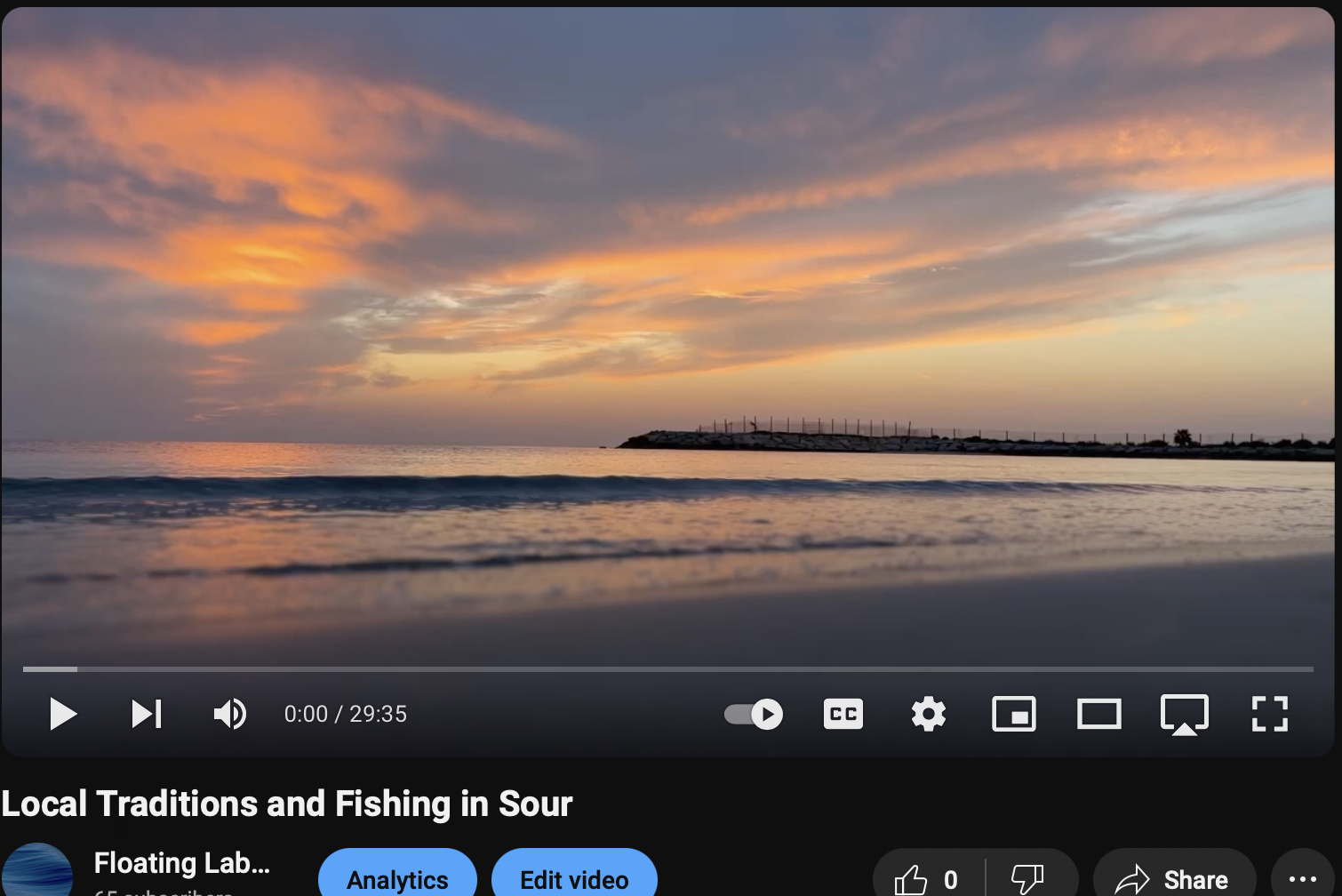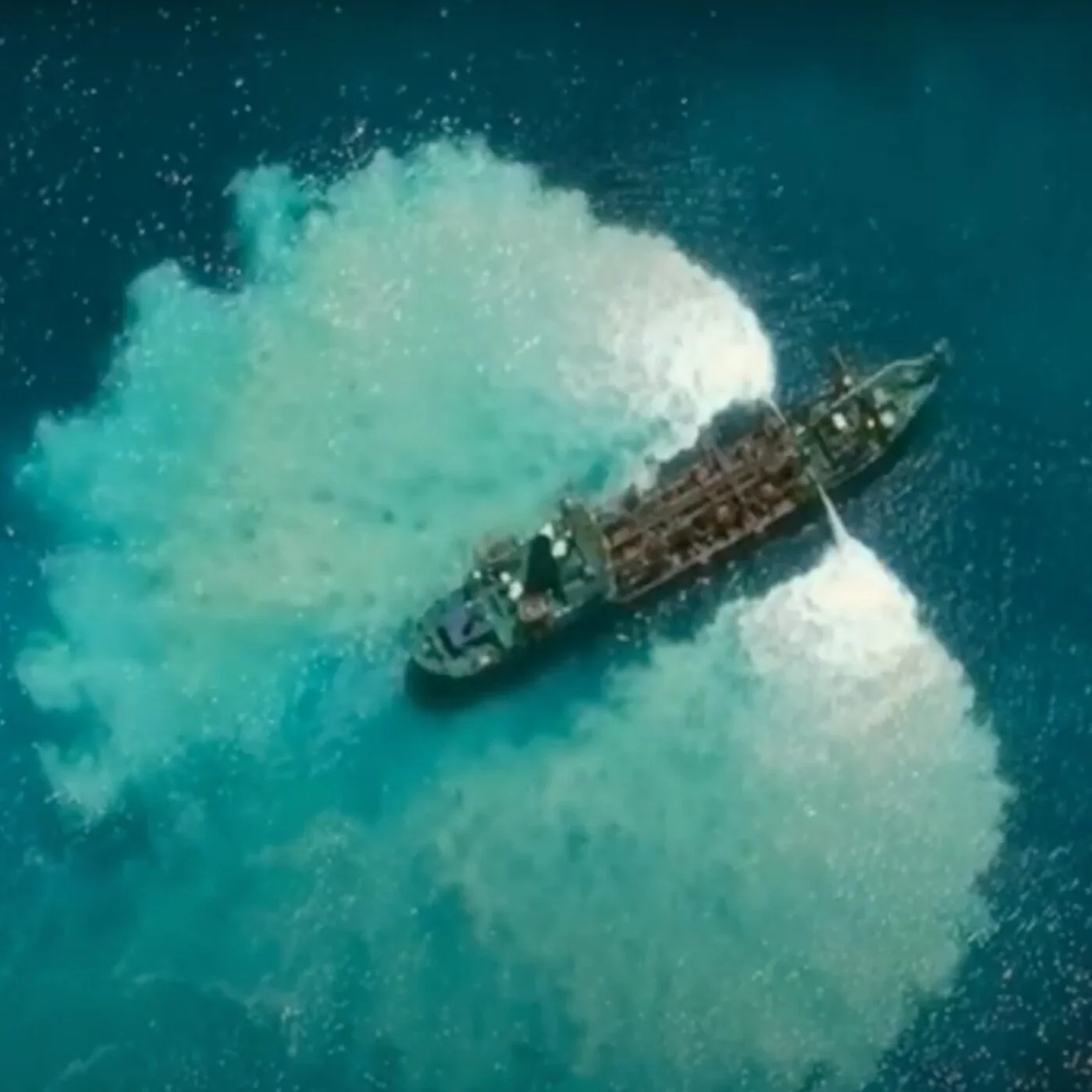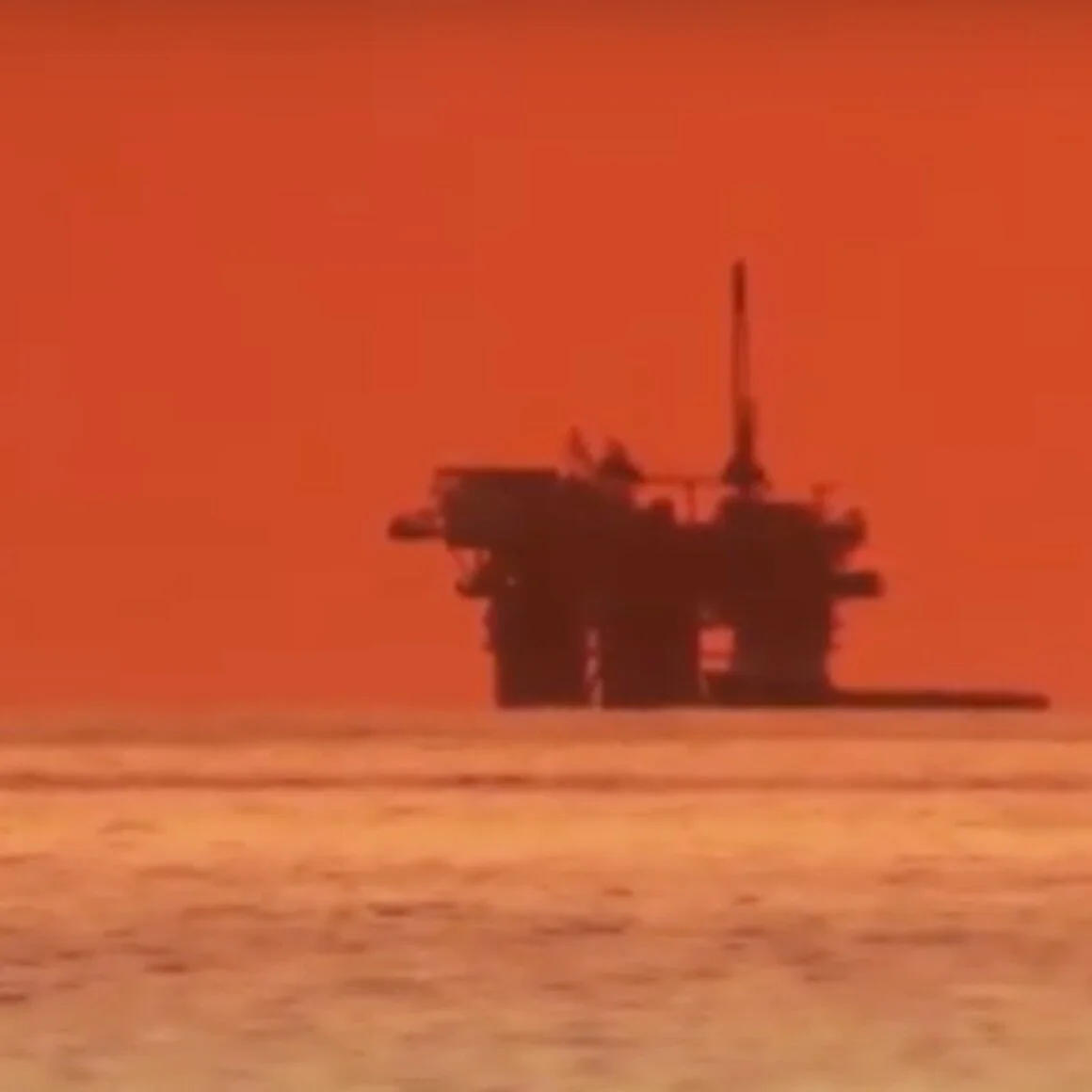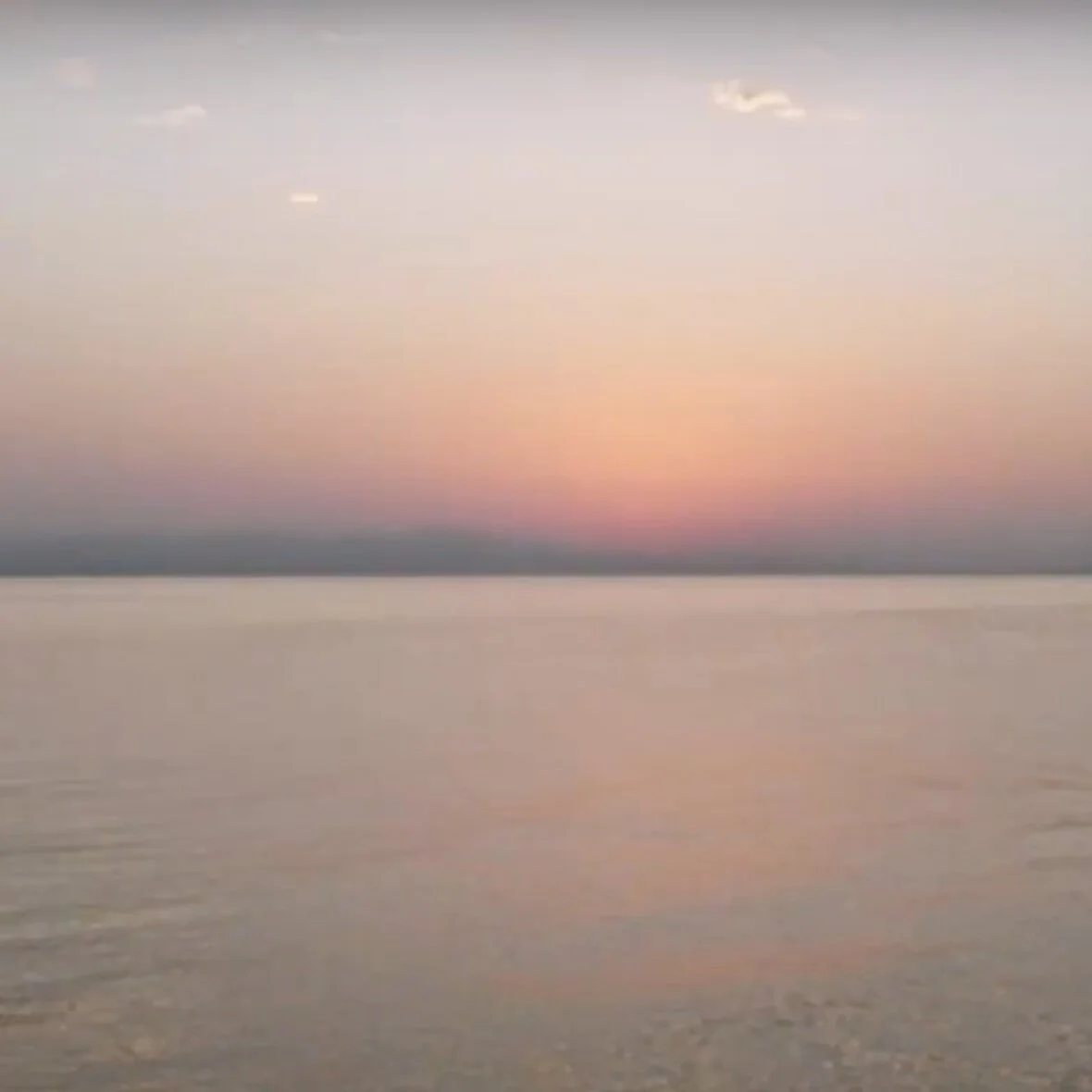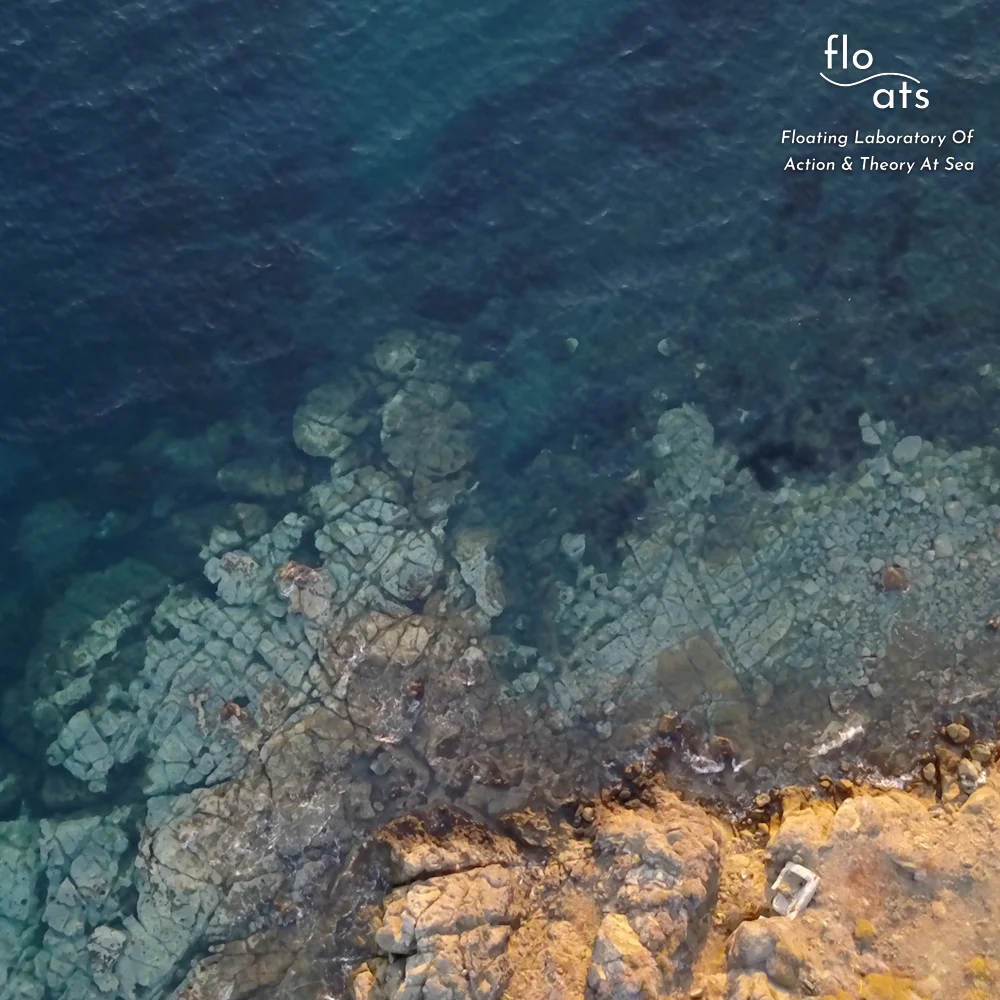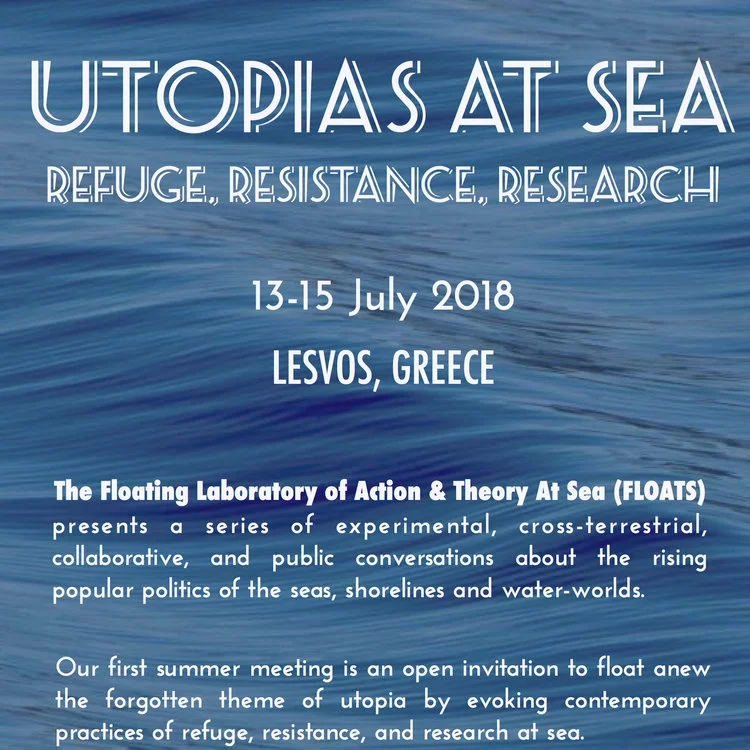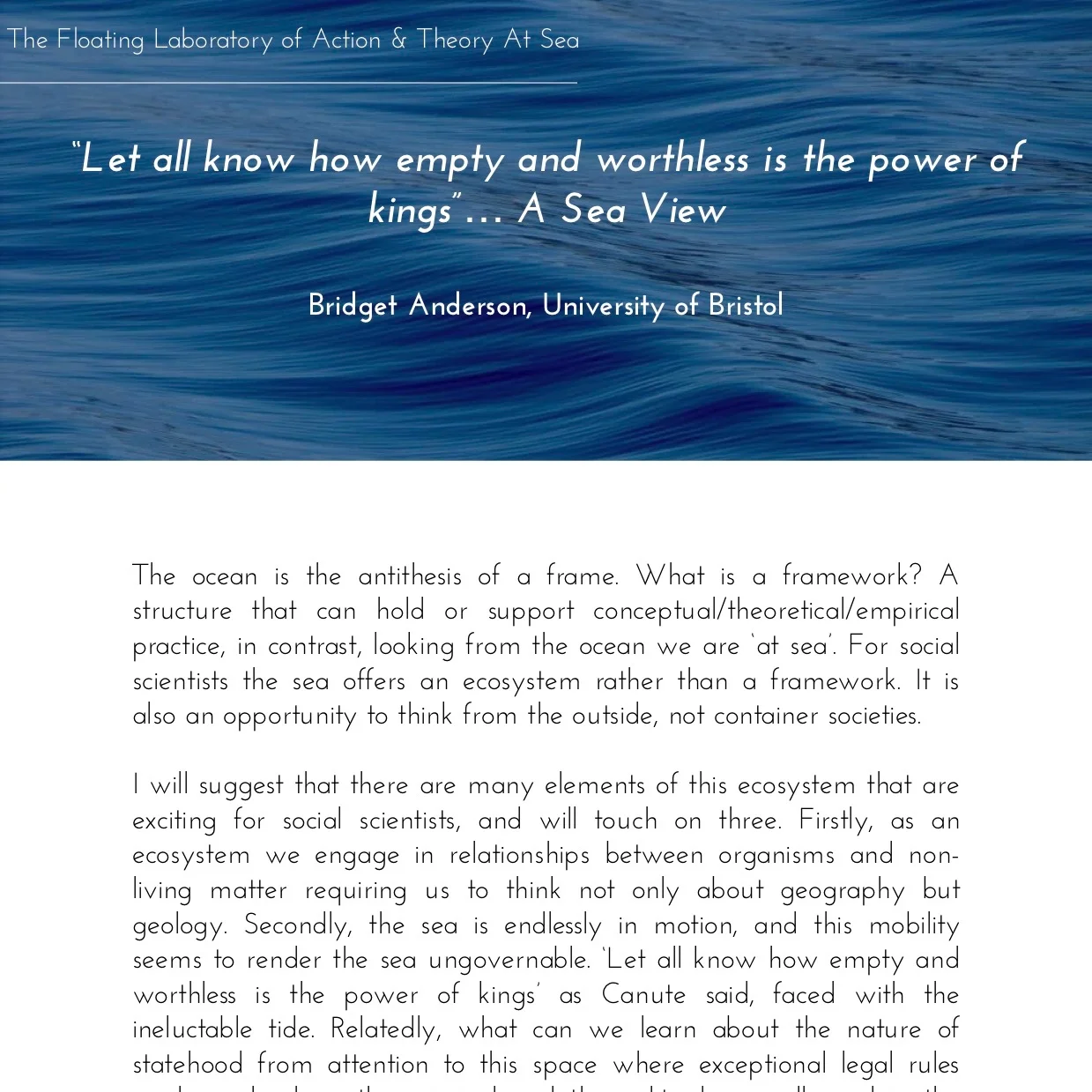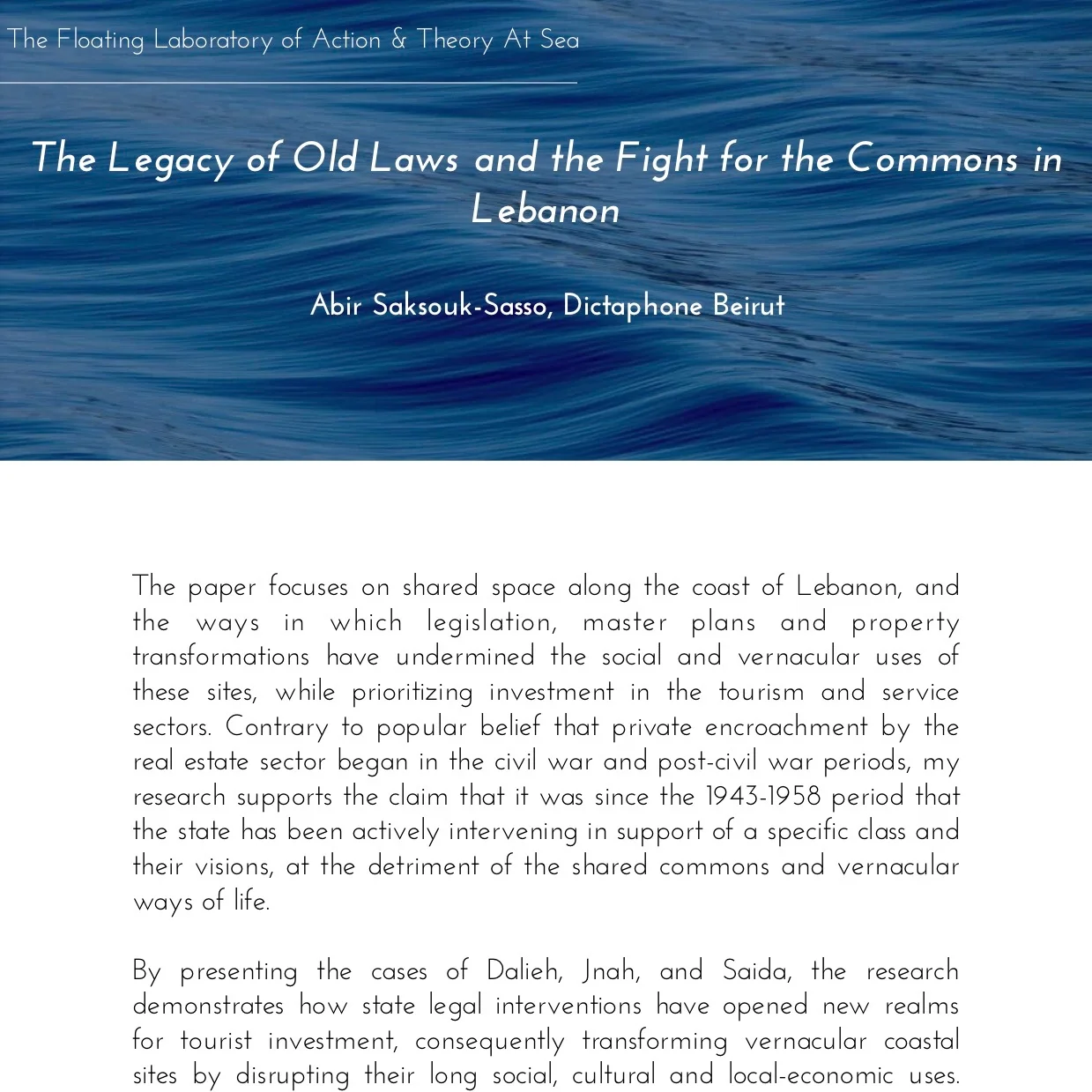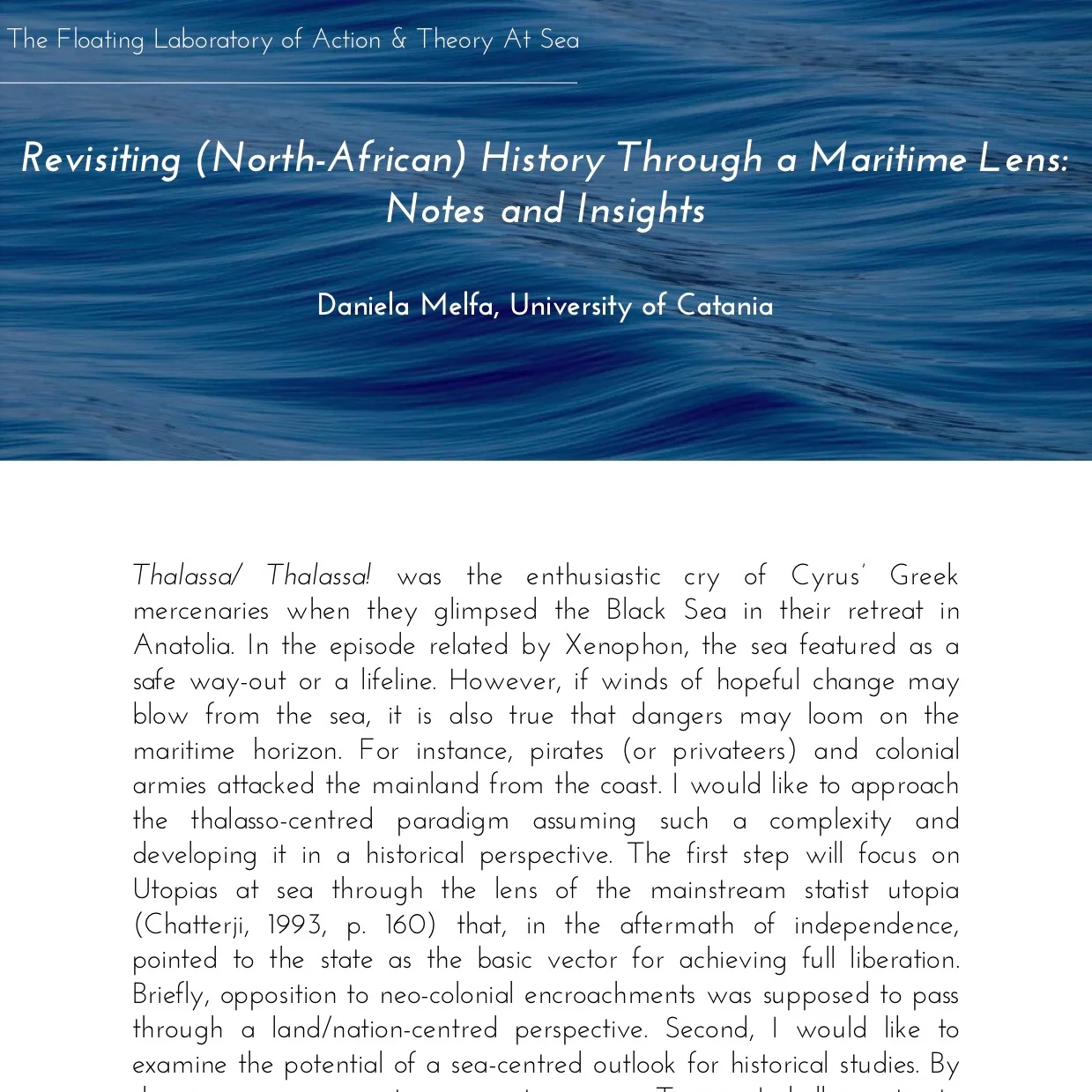With various recruitment efforts underway throughout the industry, this paper poses the following question: To what extent was there a place for women in maritime history ? The aim is to dive into the gender gap on women’s participation and their potential roles in an evolving marine and maritime industry.
Read MoreIn light of the recent Pandora Paper leak, this essay aims to examine the rise and potential fall of the offshore world. Previous literature examines several definitions and classifications of the offshore world as a geographical location, an imaginary legal realm, and as a process for the advancement of class interest. This paper considers the different characterizations and distinctions of this hidden world, through an examination of the history of its rise in relation to the sea and colonialism, and offers insights into the transformation of state relations through the lens of global connectivity and finance.
Read More“The article analyses the expansion of commercial shipping and port activity through mixed ecological economics and political ecology perspectives. Focusing on the case of the Port of Barcelona, the article describes how the maritime circulatory processes behind the growth of global economic activity produce seldom accounted-for negative socio-environmental impacts that are unequally distributed at multiple scales. In the context of global ecological breakdown, a ‘blue degrowth’ counter-paradigm is propsed as a reasoned sustainability alternative for the maritime transportation industry”
Read MoreSeafarers are often referred to as the invisible workforce. Most of us are not aware that more than 90 percent of our goods are transported via ocean routes. This is a circumstance we do not even recognise, but at the same time impacts our lives in a significant way. Showcasing by the example of the new orientation in the maritime sector in India, this paper aims to depict what importance is given to the rights of seafarers, which legal documents exist, and to what extent they are implemented and adhered to. This is conducted by introducing the example of the Indian Maritime Agenda 2010-2020. Based on the current legal framework, the Indian policy paper will be analysed subsequently. Eventually, the paper tries to show to what extent the recent trend of corporate social responsibility codes (“CSR”) is an enhancement towards better working conditions for seafarers. Finally, an analysis will be made on the Maritime Agenda 2010-2020 and its efforts towards maritime labour law, as well as its meaning for international affairs.
Read MoreAn investigation into the ways that states approach maritime chokepoints in the context of globalization through two case studies from 2018: the nationalisation of Doraleh Container Terminal and the Emirati occupation of Socotra. Bab el-Mandeb is a strait connecting the Red Sea with the Gulf of Aden. It is situated between Djibouti and Yemen, and at its narrowest is only 18 miles wide. More than 50 million tons of agricultural products and 1,750 million barrels of oil (EIA, 2017) pass through this waterway each year, making it a critical chokepoint for international trade - a status it has held since the opening of the Suez Canal in 1869. Due to ongoing instability in the region, it is ranked as one of the highest-risk bottlenecks for international trade.
Read MoreThe sea has facilitated and represented modes of movement for human beings since the beginning of time, be it the passage of bodies, products, materials or waste. More enthralling is the part it plays in the transmission of communication at distance, and it’s expediting of human connection through messaging since the foremost transatlantic communications telegraph cable relayed its first message on August 16th 1858. In this report, I interrogate the politics and interchanging narratives that ensue once these massive fiber optic cables reach the land from the ocean, specifically considering the case of Lebanon in which one can distinctly observe the treadmill syndrome through which developing countries attempt to keep up with the technological advances of the world.
Read MorePlease consider circulating the call and/or submitting a paper to our panel "Rising Sea Politics: Governance, Communities, Commons". The panel is part of the 16th EASA conference "New anthropological horizons in and beyond Europe" (Lisbon, Portugal, 21-24 July 2020).
Read MoreConference held at Columbia University and The New School on November 29 & 30.
Read MoreThis workshop was made possible by the generous sponsorship from the Stavros Niarchos Foundation and the Center for Science and Society and the Department of History at Columbia University.
Read MoreTwo Day Conference at the American University of Beirut. Moderated by Dr. Marwa Elshakry (Columbia University) with Dr. Yaser Abunnasr (American University of Beirut), Dr. Nikolas Kosmatopoulos (American University of Beirut), and Jina Talj (Activist with Diaries of the Ocean)
Read MoreThe sea – like the concept of utopia itself – does not feature much in our current social theories, let alone our contemporary political rhetoric or social imagination. If anything, the sea seems lately to assume a villainously protagonist role in many of our present-day dystopic realities: harrowing images of the liquid refugee cemetery of the Mediterranean, depressing statistics of declining aquatic life, floating waste and toxic maritime pollution, or the impending threat of rising sea levels dominate our news from neighboring seascapes.
Read MoreThe ocean is the antithesis of a frame. What is a framework? A structure that can hold or support conceptual/theoretical/empirical practice, in contrast, looking from the ocean we are ‘at sea’. For social scientists the sea offers an ecosystem rather than a framework. It is also an opportunity to think from the outside, not container societies.
Read MoreThe paper focuses on shared space along the coast of Lebanon, and the ways in which legislation, master plans and property transformations have undermined the social and vernacular uses of these sites, while prioritizing investment in the tourism and service sectors.
Read MoreThalassa/ Thalassa! was the enthusiastic cry of Cyrus’ Greek mercenaries when they glimpsed the Black Sea in their retreat in Anatolia. In the episode related by Xenophon, the sea featured as a safe way-out or a lifeline.
Read More